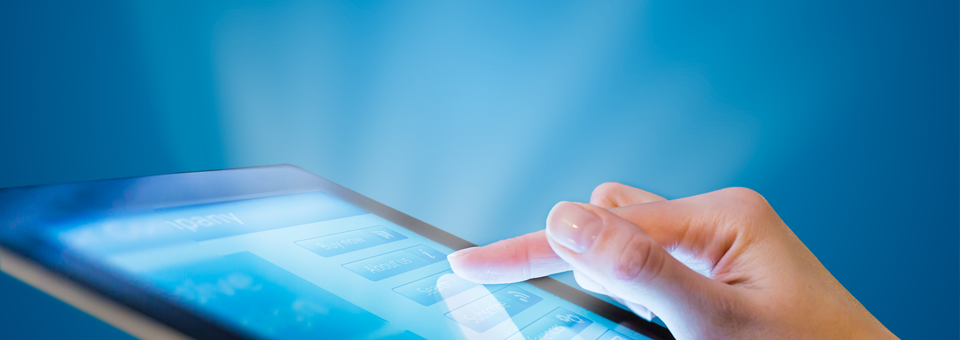You’re part of a big experiment.
Never before have human eyes been exposed to such high levels of blue light.
On the color spectrum, blue light waves are next to ultraviolet (UV) light and have a short wavelength. Natural sources of blue light can be both beneficial and dangerous.
The problem is artificial sources of blue light.
Like your cellphone and computer screens.
Every day, this artificial blue light penetrates your eyes and hits your retinas causing damage over time.
Our ancient ancestors never experienced anything like this. And our bodies just aren’t equipped to deal with it. New studies suggest the blue light from our phones and computers are leading to macular degeneration and a loss of eyesight.
Today, I’ll show you why this is happening and how you can protect your eyes without giving up your electronic devices.
Blue Light Exposure Linked to Macular Degeneration
Blue light easily passes through the cornea and lens of the eye and reaches the retina.
When concentrated forms of artificial blue light hit the retina, it damages your retinal cells.1 These changes accelerate the aging and death of retinal cells. Your risk of macular degeneration increases.2
And blue light harms more than your eyes. It also disrupts your production of melatonin, the hormone that determines how well you sleep.3
These early studies are clear. Unprotected screen time can be harmful to both your eyes and your health.
While it’s impossible to completely give up our electronics, there are ways to protect ourselves and use them safely.
7 Easy Steps to Protect Your Eyes and Well-Being
A nice feature on many smartphones and tablets is screen time reporting. This will give you an idea of how much time you spend on your devices.
To protect your eyes from blue light:
- Turn on your screen’s blue light filter. Most devices have a night light or blue light filter. On the iPhone, you can find it in Settings > Display & Brightness. On the Android, it’s in Settings > Display. Your device might even offer it with a couple of simple swipes.
- Hold your mobile device at a 30-degree angle. Blue light travels from your screen in straight lines. You’ll reduce the blue light that enters your eyes and still be able to read it.
- Wear blue light glasses. If you can’t get away from your monitor, you might consider these. They block blue light. You want the ones that absorb at least 90%. More is better. You can find them online, starting around $10.
- Use a screen filter. You can find screen filters for monitors and mobile devices. Blue light filters for mobile devices cost around $35. For monitors and TVs, you have more options — prices for a 22″ monitor start at around $50.
- Discover the nutrients that support your eyes. Look for these carotenoids: lutein, zeaxanthin and meso-zeaxanthin. These nutrients support eye health and may slow the development of macular degeneration.4
- Get more sleep. Your eyes need rest. For the best sleep, stay away from your screens for two hours before bed. Aim for 7-8 hours of sleep per night.
To Your Good Health,

Al Sears, MD, CNS
1. van der Burght BW, et al. “Early changes in gene expression induced by blue light irradiation of A2E-laden retinal pigment epithelial cells.” Acta Ophthalmol. 2013;91(7):e537-e545.
2. Zhao ZC, et al. “Research progress about the effect and prevention of blue light on eyes.” Int J Ophthalmol. 2018;11(12):1999-2003.
3. Tähkämö L, et al. “Systematic review of light exposure impact on human circadian rhythm.” Chronobiol Int. 2019;36(2):151-170.
4. Wei CX, et al. “Challenges in the development of therapy for dry age-related macular degeneration.” Adv Exp Med Biol. 2016;854:103-109.

